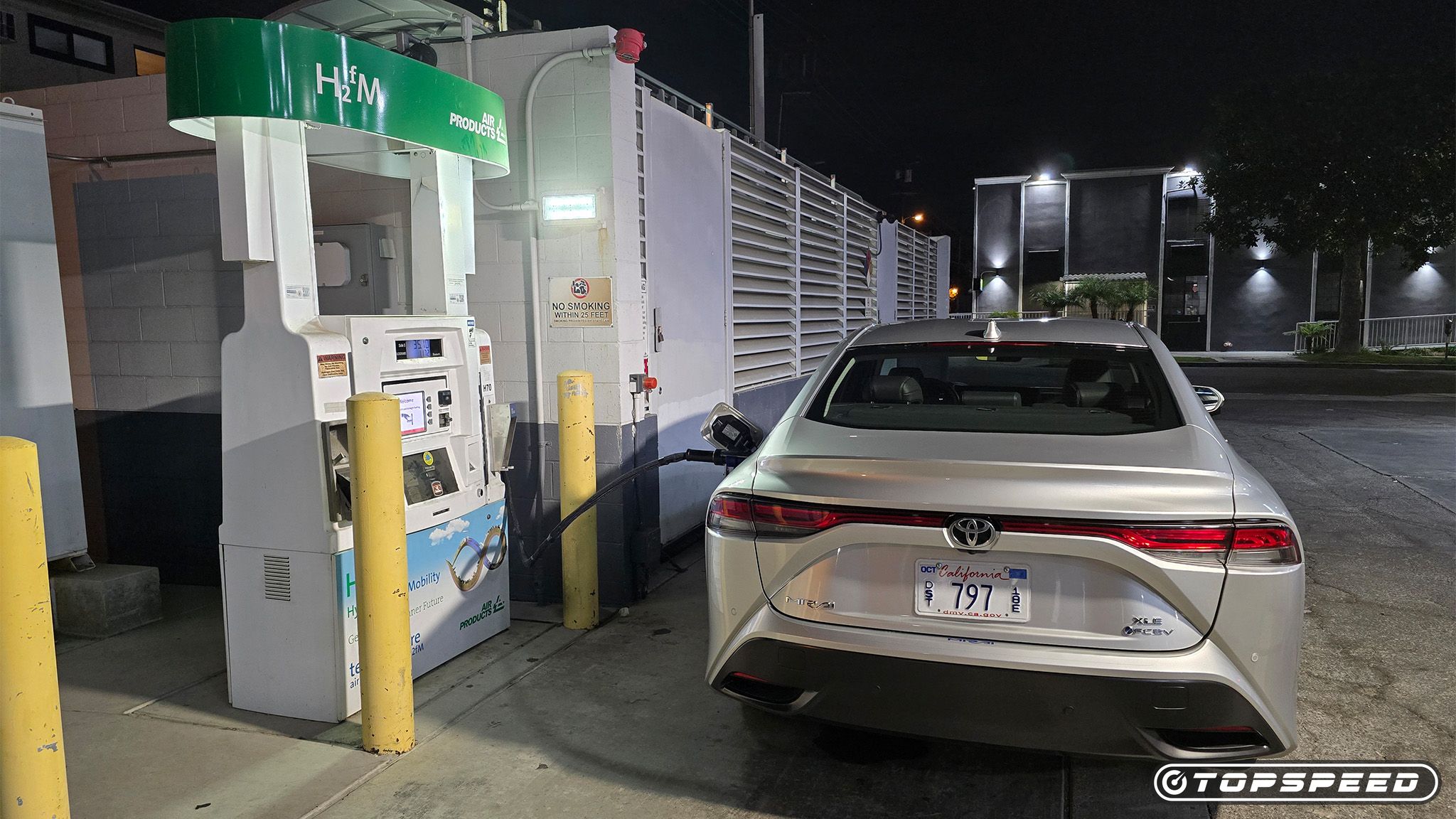
The Environmental Benefits of Electric Vehicles
Electric vehicles (EVs) are significantly cleaner in the long run compared to gas- and diesel-powered vehicles. Unlike traditional cars, EVs produce no tailpipe emissions, which is a major advantage for public health and environmental sustainability. Even when charged by a "dirty" power grid, EVs still offer substantial benefits over their fossil fuel counterparts.
However, EVs do come with some drawbacks, particularly concerning range and charging infrastructure. These issues have led to the exploration of alternative technologies that could provide similar benefits with fewer disadvantages. One such technology is hydrogen, which has the potential to play a significant role in the future of transportation.
Hydrogen as a Clean Energy Source
Hydrogen is an attractive option because it can be used to generate clean electricity in fuel cells or even burned in combustion engines. Despite its promise, hydrogen as an energy source has often been considered a decade away from widespread adoption. However, companies like Toyota are working hard to commercialize this technology and may gain a competitive edge over other manufacturers.
Toyota has unveiled part of its long-term strategy at the 2025 Hydrogen Fuel Cell Seminar, reaffirming its commitment to hydrogen technology. The company introduced several applications and strategies aimed at expanding its hydrogen and fuel cell business, marking important progress toward a greener future.
Toyota’s Innovations in Hydrogen Technology
Toyota is not only a leader in hybrid vehicles but also a pioneer in hydrogen fuel cell technology. The automaker has begun to push pure electric vehicles more than in recent years, but hydrogen will likely remain a core propulsion technology for the company.
In a notable project, Toyota, along with FuelCell Energy, installed a Tri-gen fuel cell system at the Port of Long Beach in California. This system converts renewable biogas into hydrogen, generating 2.3 megawatts of electricity daily. The power supports port operations for Toyota’s logistics services, while the system also produces 1,400 gallons of pure water per day, which is used to wash vehicles.
Addressing Range and Refueling Concerns
One of the biggest concerns for drivers of electric vehicles is range and charging infrastructure. Public chargers in the U.S. are often unreliable, and batteries have limitations that affect the range of electric vehicles, especially in heavy-duty applications. Hydrogen fuel cells could address these issues effectively.
Efficiency is another key factor. While battery designs have improved, they are still not as energy-dense as fossil fuels. However, electric motors are highly efficient, often operating at 90% efficiency or more, whereas gasoline engines typically achieve around 40% thermal efficiency. Regenerative braking further enhances the efficiency of EVs.
The 2025 Toyota Mirai, a hydrogen-powered sedan, offers impressive efficiency figures, with 76 MPGe city, 71 highway, and 74 combined. Although less efficient than some EVs, the Mirai provides a viable alternative without the charging downsides.
Improvements in Fuel Cell Technology
Toyota continues to improve its fuel cell designs, following its "kaizen" philosophy of continuous improvement. The third-generation system offers twice the longevity of its predecessor and is 1.2 times more fuel-efficient, providing 20% more driving range. These advancements are designed for use in commercial vehicles and are expected to be available in global markets after 2026.
Lower production costs make hydrogen more accessible. Toyota claims a "significant" reduction in cost, with sources suggesting a 50% decrease compared to the Mirai's powertrain. This could help popularize hydrogen technology in the coming years.
Advantages Over Traditional Battery EVs
While pure electric vehicles may be slightly more efficient, they come with their own set of challenges. High costs, material sourcing concerns, and cold-weather performance issues are common drawbacks. Hydrogen fuel cells avoid some of these pitfalls, offering better range and refueling convenience.
Toyota has also been developing an internal-combustion engine that runs on hydrogen, which would produce only water vapor as a byproduct. Although efficiency is similar to conventional gasoline engines, this innovation highlights the potential of hydrogen as a clean energy source.
Refueling and Cold Weather Performance
Refueling a hydrogen vehicle takes only three to five minutes, comparable to refueling a gas-powered vehicle. This is significantly faster than charging most EVs, making hydrogen a practical choice for drivers seeking quick refueling options.
Cold weather performance is another area where hydrogen fuel cells excel. While EVs can lose up to 40% of their range in freezing temperatures, hydrogen fuel cells handle cold conditions better, maintaining a more stable range.
Potential to Reshape the Zero Emission Market
Hydrogen fuel cell technology has been under development for decades, and it is now starting to mature. Toyota appears to be leading the way, pushing forward with innovations that could reshape the zero-emission market. The technology has the potential to expand beyond passenger vehicles, particularly in commercial applications like mining equipment, delivery vans, and large trucks.
As hydrogen technology continues to evolve, it offers a viable alternative for drivers seeking the benefits of electric vehicles without the range anxiety associated with charging. With ongoing efforts from companies like Toyota, the future of transportation looks increasingly clean and sustainable.
Comments
Post a Comment